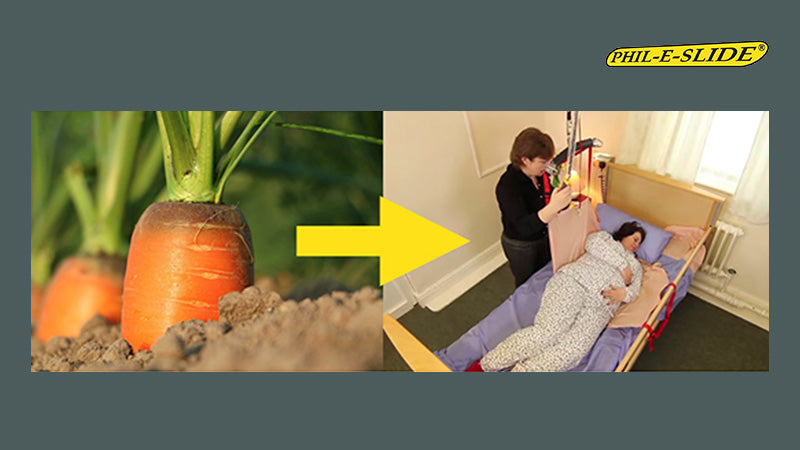I have taken inspiration for this blog from a local organic food producer, who wrote a blog explaining why cheap food isn’t actually cheap. He explained that general food production, processing and distribution creates problems in our water supply, soil loss, biodiversity loss, pollution, and causes health related issues. He argues that the biggest cost for organic farmers is investment in long term soil fertility, fair wages and payment for workers and materials and investment in long term health of their farm environment. He concludes that organic food producers are not cheap because they have to undo and clear up environmental problems caused by cheap food production. Arguably if this was not the case, organic food would be cheaper than non-organic. There needs to be a change in working practices and attitudes to enable food to be grown ethically and sustainably for long term benefits for health and wellbeing.
With this in mind, we know there are many health care products now on the market which are produced and sold cheaply (disposable/ patient-specific products) but are not necessarily sustainable (cotton vs synthetics debate) or ethically sourced. Poorly designed equipment has also inhibited the changes needed in working practices. For example, both disposable slide sheets and disposable inbed systems may provide a cheaper short-term solution but at what long term cost in term of efficacy, financial and environmental sustainability and importantly the health of our patients and carers?
Patient specific/ non-launderable inbed slide sheet systems are often made from either cotton, polycotton or polyester. Polyester is a good strong material used in quality launderable inbed slide sheet systems. However, patient specific sheets are designed and required to be disposed of when the patient no longer needs the equipment or at the end of life.
This is not a sustainable model going forward as polyester does not biodegrade and loses tenacity when recycled. Therefore, long lasting inbed slide sheet systems that have been designed to be laundered and reusable, can be used for many years. Whilst it can be argued that some particles go into the water system when laundered, this is still less environmentally damaging than throwing sheets into landfill.
Like the food growers, there needs to be changes in purchasing and working practices together with a realignment of procurement attitude (from clinical decision makers through to procurement team levels of management) to ensure healthcare is ethical, sustainable and benefits patients and carers in the long-term.
At Ergo-ike ltd (the home of Phil-s-Slide), we are committed to manufacturing products, such as the Biotechsis® inbed care system, in the UK to reduce carbon footprint and design high quality long lasting multifunctional equipment.
References
• https://www.worldwildlife.org/industries/cotton
• https://www.the-sustainable-fashioncollective.com/2014/12/12/how-is-cotton-made-why-bad
• https://www.europarl.europa.eu/news/en/headlines/society/20201208STO93327/the-impact-of-textile-production-and-waste-on-the-environment-infographic
• https://www.theworldcounts.com/challenges/consumption/clothing/cotton-farming-water-consumption
• https://www.commonobjective.co/article/fibre-briefing-polyester#:~:text=As%20an%20oil%2Dbased%20plastic,potentially%20for%20hundreds%20of%20years





